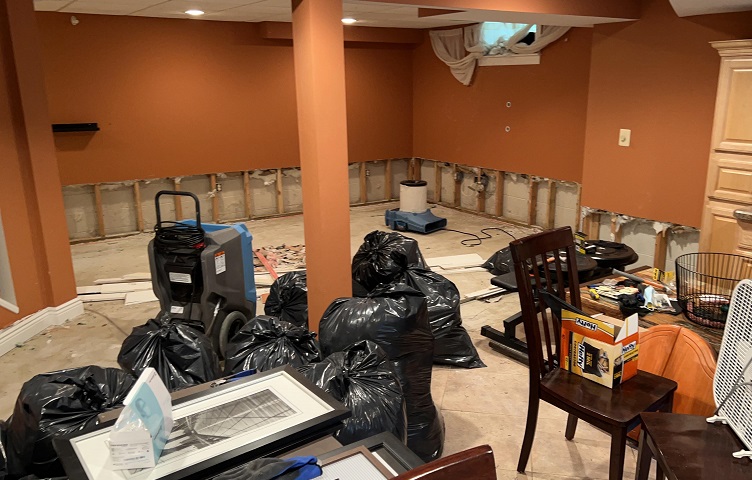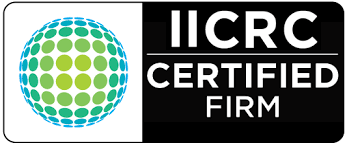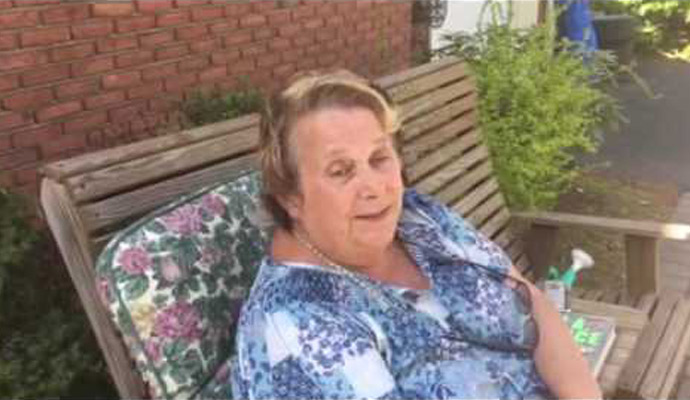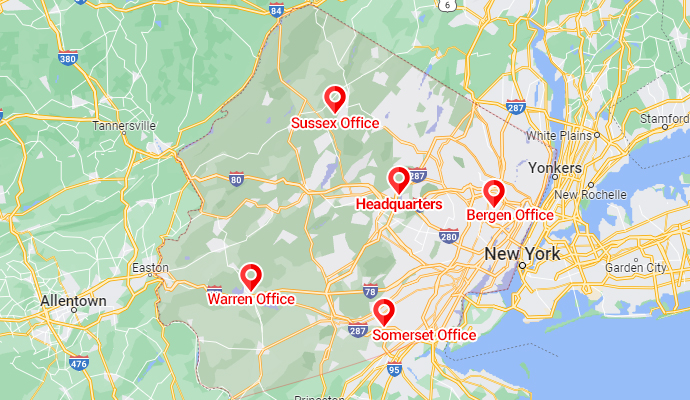Does Your Homeowners Insurance Cover Water Damage To Your Home

According to the Insurance Information Institute, the average claim cost for water damage to homeowners in 2020 was $11,650. However, for the average American family, this can be an unexpectedly big chunk out of their budget. Many families have a question about whether or not their homeowner's insurance has benefits to cover damage caused by water.
Prepare Your Home's Exterior
Every Policy Is DifferentEach home insurance company, and the policies they provide, will differ regarding their coverage for water damage to your home. Most of the time, it will depend on what caused the water damage. In most situations, the policy will cover water damage restoration; however, you should always check your policy and speak with your agent about this type of coverage.
What’S Covered And What’S Not
For the most part, a typical homeowner’s policy will cover water damage if the cause is one of the following:
- Heavy rain storms that push water into your house from above
- A leaky roof (in most cases)
- Excess water used for extinguishing a fire
- Leaking or broken pipes or pipe bursts
- Leaks from malfunctioning appliances, like washing machines or dishwashers
On the flip side, water damage from these situations is usually not covered by a standard homeowner’s insurance policy:
- Backed up sewer lines
- Flood damage, which is water that enters the house from the ground level
- Any intentional water damage
- Not maintaining your home correctly (like keeping your gutters cleaned or your appliances in good working order)
You'll also want to remember that even if your policy covers damage caused by a faulty appliance, it will likely not cover the cost of repairing or replacing the machine itself.
What Does The Coverage Apply To?
Most homeowners' policies will cover both your dwelling and personal property. If the cause of the water damage is due to peril, sudden and accidental, your policy should cover both. For example, your policy should cover the instance if you have a pipe burst and damage a wall. You can file a claim for the drywall damage and the bookcase and books against that damaged wall.
Floods are not covered.
If you incur water damage from your home and the water source is from a flood, no standard homeowners policy will cover this damage. Any water that floods your house from a natural catastrophe, over-saturated ground, or overflowing rivers or lakes is not considered a covered event with your standard policy. Therefore, you must purchase a separate policy specifically for flood damage.
Keep your home well-maintained.
As previously mentioned, homeowners insurance will not cover any water damage caused by poor appliance maintenance or broken and leaking pipes or faucets. For example, suppose your dishwasher seriously malfunctions, causes water damage to your floor and has an unresolved maintenance issue. In that case, chances are you will have to cover the cost of the entire water damage restoration project.
Follow these helpful hints for preventative maintenance:
- Properly winterize your home to prevent frozen or burst pipes.
- Perform routine maintenance on all your appliances.
- Check the interior and exterior faucets and plumbing fixtures to watch for leaks.
- Replace any old or corroded plumbing fixtures.
- Keep places where moisture accumulates as dry as possible to prevent mold from growing.
Speaking of mold…
Homeowner's insurance typically doesn't cover mold from water damage if the source of the mold is improper maintenance by the homeowner. Except in natural catastrophes, or a burst pipe or AC system overflow causing water damage, mold is considered a preventable problem when the homeowner adequately maintains the home. In the cases of common perils, your homeowner's policy will likely cover all or most of the mold removal cost.
However, if you have knowingly left a pipe leaking in your home for weeks without repairing it, and mold grows; as a result, your policy will not cover this. So, you can prevent this by regularly inspecting your home for any plumbing leaks, keeping moisture-prone areas as dry as possible, and using vents and fans to reduce humidity.
A Few Final Words
With most homeowners insurance policies, there will likely be a deductible to pay before repairs begin. There may also be coverage limits that apply to water damage. Read all the fine print on your policy to know more about these two items.
If you experience water damage, be sure to document and photograph everything, from the onset of the damage to the finished restoration. If mold grows in the future, having this proof of prior water damage will help your insurance claim.
As with any situation in which your home suffers water damage, you’ll want to enlist the help and expertise of a professional restoration company. Turn to our team at PDQ Restoration so we can be with you every step of the way, helping your restoration process go as smoothly as possible.
Source:
















